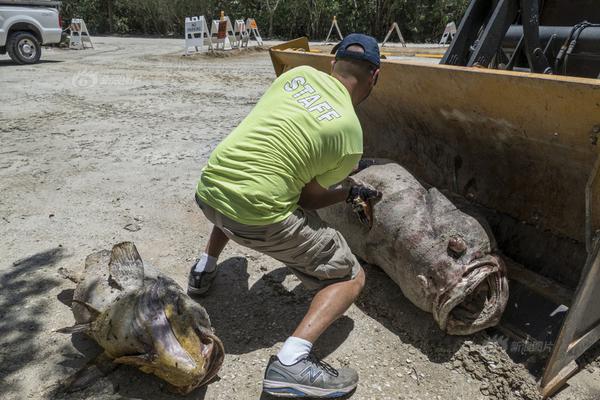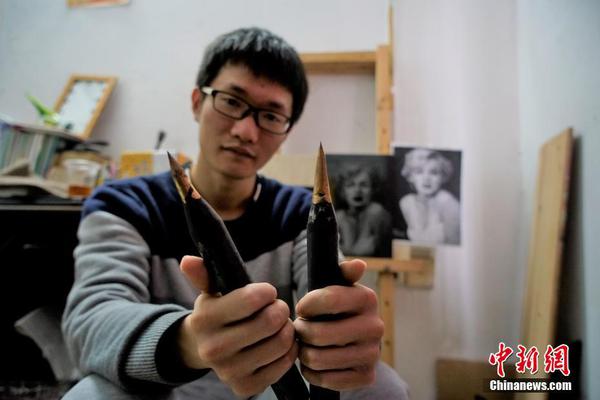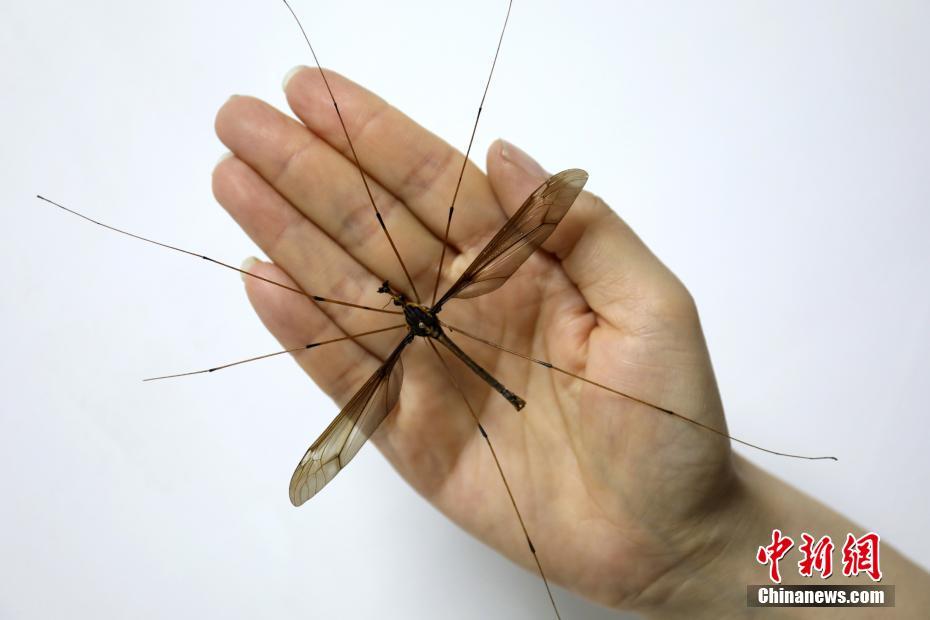The Rashi Mein Sunny (2020) Prime Flix Complete Web Seriesbest part of Halloween by far is the candy.
If you're young and hungry for those sweets, obviously the best way to get them is to go trick-or-treating
But, have you ever wondered who created this prestigious celebration (still not a federal holiday, but whatever) and who decided to add trick-or-treating to the mix.
 Original image has been replaced. Credit: Mashable
Original image has been replaced. Credit: Mashable Halloween derives from the three-day Celtic festival Samhain. The Celts believed the dead would return on Earth at the end of the harvest season (Oct. 31) and decided to honor them. The "villagers disguised themselves in costumes made of animal skins to drive away phantom visitors; banquet tables were prepared and edible offerings were out to placate unwelcome spirits," states The History Channel. Celts knew how to throw the ultimate Halloween bash.
SEE ALSO: 7 Do's (and 7 Don'ts) you need to know before throwing a Halloween partySo that's where Halloween originates, but what about trick-or-treating?
 Original image has been replaced. Credit: Mashable
Original image has been replaced. Credit: Mashable The first appearance of trick-or-treating had people dressing up in exchange for food and drinks which was known as "mumming" in the Middle Ages. However, in the 9th century, the term changed to "souling" for All Souls' Day every year on Nov. 2.
According to Halloween: From Pagan Ritual to Party Night, "souling" was when poor people visited wealthy families' homes and received pastries like 'soul cakes' in exchange for prayers and songs. "The idea being that, if you prayed hard enough, you would help them get to heaven," the author Nicholas Rogers told CBC News.
The term "guising" became popular in Ireland and Scotland in the 16th century. Young people had to perform a song, recite a poem, tell a joke or other 'tricks' in order to receive their treats. But overall, many of these exchanges were paying homage to the dead.
So essentially, the people in the past had to work for free food and gifts. Honestly, children today can't complain anymore about receiving Tootsie Rolls in their bag.
 Original image has been replaced. Credit: Mashable
Original image has been replaced. Credit: Mashable In the 9th century, people were asking for food, money and ale. While according to The History Channel, the 16th century brought in fruit, nuts and coins.
Seriously, what happened between the 9th and 16th century and why did people stop asking for money on Halloween?
While the tradition of receiving pastries and coins moved to the United States, it wasn't until the 1950s that candy became more popular. According to History, parents feared strangers will tamper with treats that weren't store brought or sealed. Candy became more convenient and affordable.
Honestly, we're not complaining. It's easier to hand out small packets of Kit Kats than pieces of apple crumb cake.
 Original image has been replaced. Credit: Mashable
Original image has been replaced. Credit: Mashable In the mid 19th century, the American colonists and immigrants popularized Halloween. The Irish and Scottish brought their old traditions of 'souling' and 'guising' to the United States.
But according to Today I Found Out, the phrase "trick-or-treat" dates back to Nov. 4, 1927 from a Canadian newspaper Herald story: "The youthful tormentors were at back door and front demanding edible plunder by the word "trick or treat" to which the inmates gladly responded and sent the robbers away rejoicing."
The United States didn't start using the terms until the 1930s. However, according to Dictionary.com, by the 1950s, the practice of trick-or-treating was shown in popular culture in shows like Ozzie and Harriet and in print like aPeanuts comic strip.
 Original image has been replaced. Credit: Mashable
Original image has been replaced. Credit: Mashable Yes, Halloween is cool. And so is trick-or-treating, no matter what side of the door you're on.
It's always interesting to uncover the real reason these strange yearly traditions exist. So indulge on your discounted post-Halloween treats and reminisce on the good times trick-or-treating brought you.
(Editor: {typename type="name"/})
 Put Me In, Coach!
Put Me In, Coach!
 Tencent’s Dungeon and Fighter generates $140 million in first week in China · TechNode
Tencent’s Dungeon and Fighter generates $140 million in first week in China · TechNode
 Tesla looks to test FSD software in China with govt approval: report · TechNode
Tesla looks to test FSD software in China with govt approval: report · TechNode
 Baidu’s core advertising remains weak in Q1, GenAI boost cloud revenue · TechNode
Baidu’s core advertising remains weak in Q1, GenAI boost cloud revenue · TechNode
 Best JBL deal: Save $80 on JBL Xtreme 4 portable speaker
Best JBL deal: Save $80 on JBL Xtreme 4 portable speaker
Sabalenka vs. Svitolina 2025 livestream: Watch Madrid Open for free
 TL;DR:Live stream Sabalenka vs. Svitolina in the 2025 Madrid Open for free on RTVE. Access this free
...[Details]
TL;DR:Live stream Sabalenka vs. Svitolina in the 2025 Madrid Open for free on RTVE. Access this free
...[Details]
 Chinese AI startup Shengshu Technology, in partnership with Tsinghua University, unveiled the countr
...[Details]
Chinese AI startup Shengshu Technology, in partnership with Tsinghua University, unveiled the countr
...[Details]
Alibaba opens new campuses in Hangzhou and Beijing on the same day · TechNode
 Alibaba on Friday opened its new global headquarters in Hangzhou, a combination of office and leisur
...[Details]
Alibaba on Friday opened its new global headquarters in Hangzhou, a combination of office and leisur
...[Details]
Tesla looks to test FSD software in China with govt approval: report · TechNode
 Tesla is looking to meet regulatory registration requirements for its Full Self-Driving (FSD) softwa
...[Details]
Tesla is looking to meet regulatory registration requirements for its Full Self-Driving (FSD) softwa
...[Details]
NYT mini crossword answers for May 12, 2025
 The Mini is a bite-sized version of The New York Times' revered daily crossword. While the crossword
...[Details]
The Mini is a bite-sized version of The New York Times' revered daily crossword. While the crossword
...[Details]
Chinese government filings reveal details of BYD’s latest compact hatchback · TechNode
 BYD is continuing to expand its Ocean family of electric vehicles, seeking government approval to br
...[Details]
BYD is continuing to expand its Ocean family of electric vehicles, seeking government approval to br
...[Details]
Meituan’s KeeTa tops Hong Kong market by order numbers · TechNode
 Chinese food delivery giant Meituan’s Hong Kong-focused platform KeeTa led the territory’s food deli
...[Details]
Chinese food delivery giant Meituan’s Hong Kong-focused platform KeeTa led the territory’s food deli
...[Details]
US revokes licenses for chip shipments to Huawei, impacting Intel and Qualcomm · TechNode
 The US has taken the step of revoking licenses that previously authorized companies such as Intel an
...[Details]
The US has taken the step of revoking licenses that previously authorized companies such as Intel an
...[Details]
Outdoor speaker deal: Save $20 on the Soundcore Boom 2
 SAVE $20: As of May 13, Anker's Soundcore Boom 2 speaker is on sale for $119.99 instead of $139.99 a
...[Details]
SAVE $20: As of May 13, Anker's Soundcore Boom 2 speaker is on sale for $119.99 instead of $139.99 a
...[Details]
Vivo set to launch X100s series with industry
 At the social platform Weibo, tech blogger Digital Chat Station revealed on Monday that Vivo will un
...[Details]
At the social platform Weibo, tech blogger Digital Chat Station revealed on Monday that Vivo will un
...[Details]
接受PR>=1、BR>=1,流量相当,内容相关类链接。